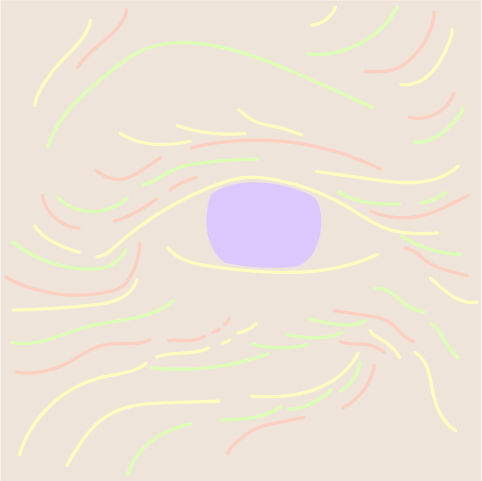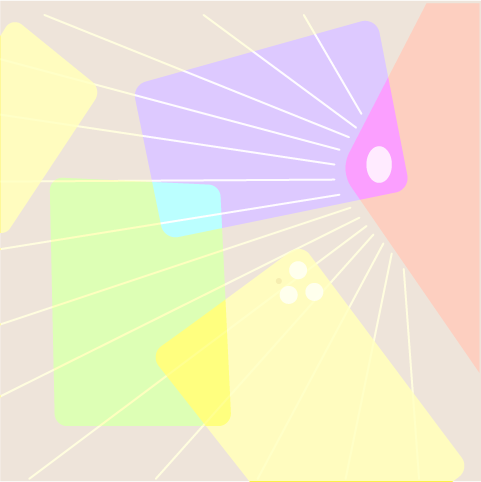On the morning of July 1, 2021, the Center for Perception and Consciousness Research at Tsinghua University's Future Lab organized the second seminar in the Perception and Consciousness Workshop Series: Brain and Art. The seminar invited Associate Professor Dan Zhang from the Brain and Intelligence Lab of Tsinghua University, Associate Professor Yang Li from the Central Academy of Fine Arts, Research Professor Ke-yang Tang from the Future Lab of Tsinghua University, Future Lab Postdoctoral Fellow Meng-yin Jiang and Postdoctoral Fellow Yun-bing Chen, who shared and exchanged ideas from different disciplines and perspectives around the theme of the brain and art.
The seminar was chaired by the event's initiator, Dr. Yun-bing Chen, who emphasized that the discussion on brain and art involved many disciplines, including brain science, psychology, medicine and art. She hoped that experts from various fields would speak up and explore the creative possibilities of multidisciplinary cross-fertilization.
Associate Professor Dan Zhang opened the session with "Inter-brain Computing for Understanding Emotion and Language" in the seminar. Associate Professor Yang Li talked about his experience and confusion in painting dreams as an artist for many years. Dr. Meng-Yin Jiang talked about information processing in the brain from the perspective of visual perception. Research Associate Ke-yang Tang elaborated on the relationship between dreams and hometown from the perspective of literature. Dr. Yun-bing Chen talked about the progress of research and the problems faced from neuroaesthetics to dream visualization currently. The presentations were followed by a fascinating and more in-depth discussion with all participants.



Visiting Families Without a Family
As a first step, we have focused on the aged people who have lost their only child. This is a group that is more likely to be forgotten in the digital age. When they encounter problems with electronics, they have no way to ask for help from their children, just as other seniors do. The lack of access to help and loneliness is the hardest pain in their hearts. We visited 23 Lost-Only-Child families, listened to them and helped them with their problems with smartphones and related products.

Workshops|The World Through the Lens
In the second step, we held a workshop on the theme of "The World through the Lens". The workshop invited over 30 older people from 5 communities, including some of those who visited on the first day. Through the workshop, they were taught some tips on how to take photos with their mobile phones to help make it easier for them to take good photos to keep the recording and sharing of life better.
After the presentation, we prepared some photo props for the group and set a few small tasks. After a period of research, we picked some daily objects that older people would like to share in their photos, such as flowers and food, to be used as props for the photos. At the end of photo taking part, we helped each participant to print a photo of their most satisfying photo as a souvenir.
From this workshop, we found that even the very simple function of taking photos can be difficult for older people. Problems such as shaky hands, inability to hold the arm in a stable position for long periods, difficulty seeing the screen, not understanding the logic of the photo interface and the meaning of the icons are some of the most frequent. At the same time, patience and tolerance are essential as older people are often slower to use smartphones and need more time to react and understand.
During the event, we felt the seniors' love for taking photos to record their life and their eagerness to share with friends and family when they get a good shot. Taking photos seems like a trivial thing in life, but it can bring the aged a great sense of happiness. We hope that every senior people will feel good about life and enjoy the benefits of the digital age.